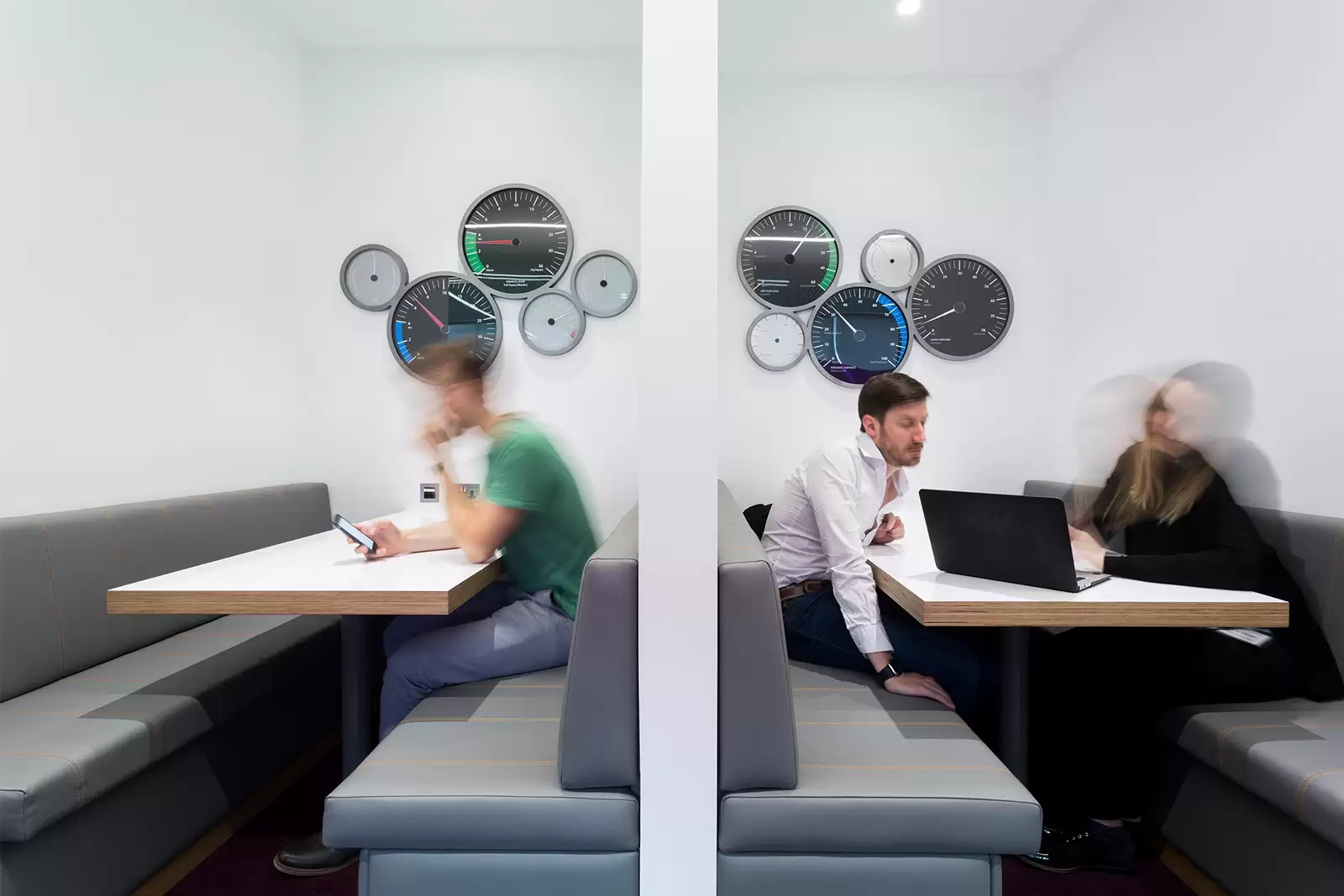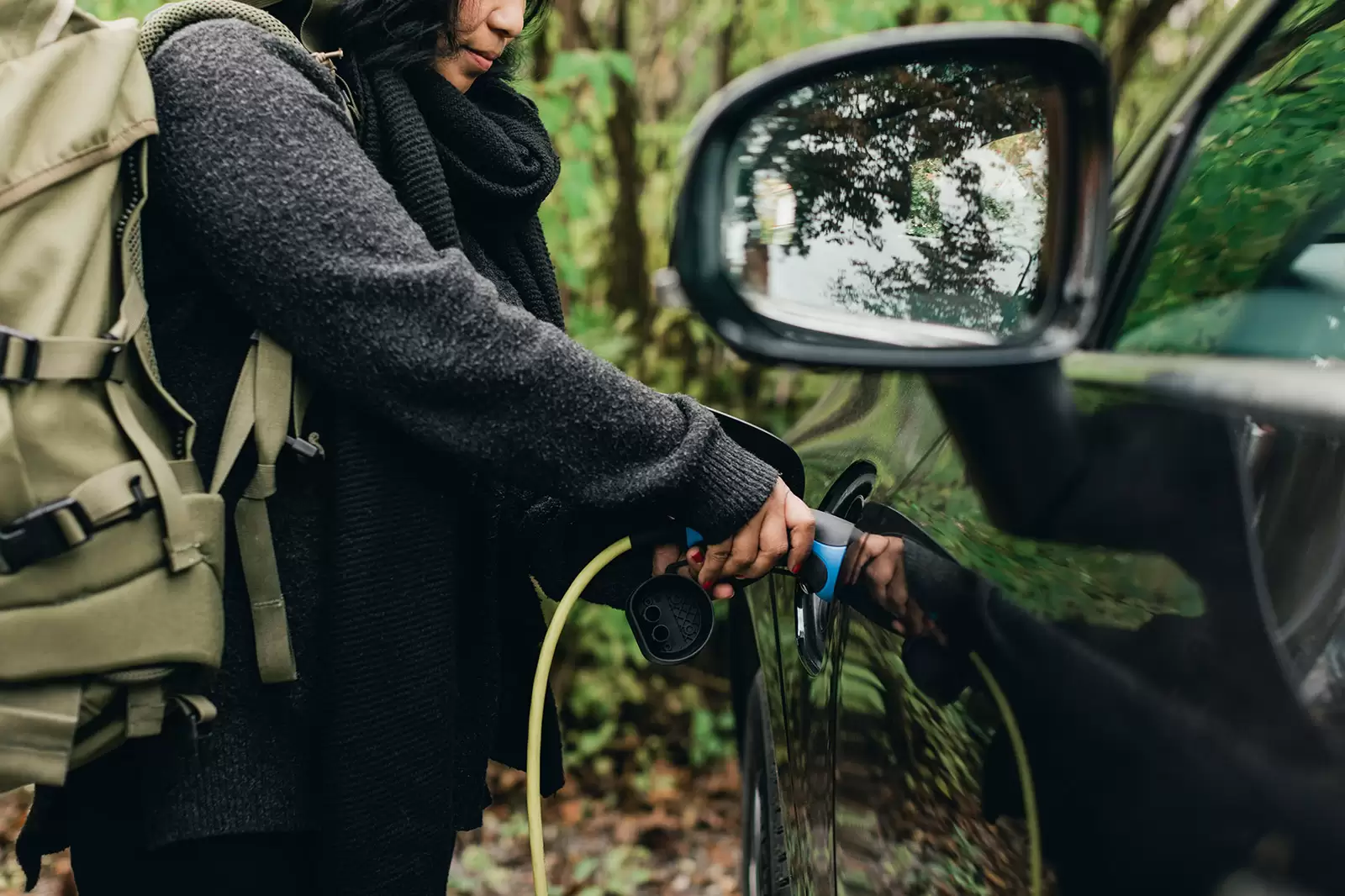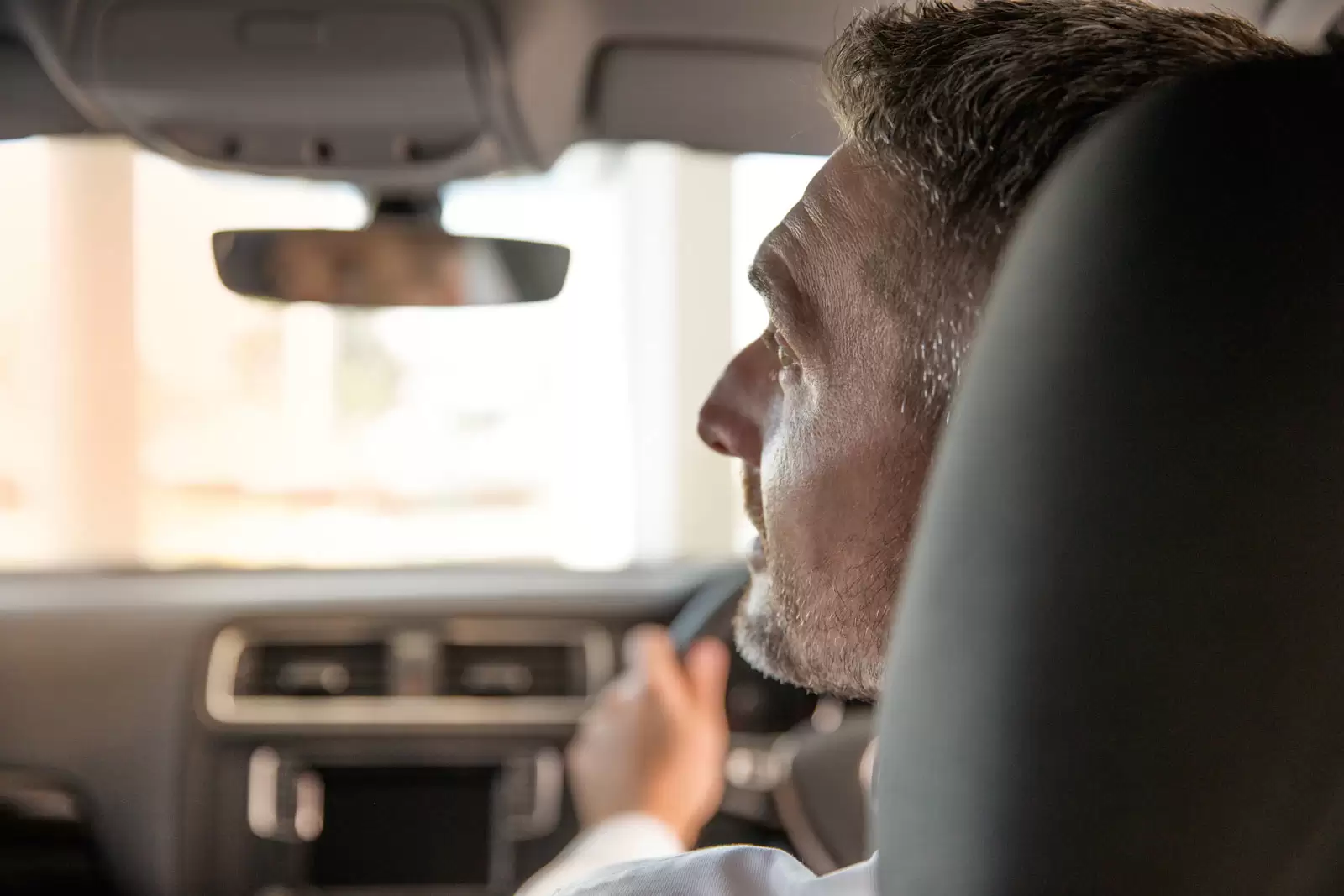Automotive industry is helping drive UK holiday boom as tourists continue to stay closer to home
By Mike Todd, CEO at Volkswagen Financial Services UK
It’s said that we Brits love to be beside the seaside and as I write this month’s column on holiday in beautiful West Wales, it’s easy to see why so many of us love to unwind on the coast.
The fresh sea air and slower pace of life keep us coming back year after year, but it’s interesting to analyse how this trend has developed as we emerge from the pandemic.
The data insights team at Volkswagen Financial Services UK revealed earlier this year how more Brits holidayed in the UK over the winter (13%) as opposed to travelling overseas for a New Year getaway (9%).
And as the nation continues to wrestle with a cost of living crisis, it’s becoming evident that Blighty-based holidays are as popular as ever despite air travel opening up again.
Data from our Rent-a-Car service perfectly illustrates that staycations and domestic road trips are here to stay, as bookings on the platform so far this year have more than doubled (+163%) compared to the same period in 2021.
We can also see that demand spikes during holiday season, with rental bookings up 177% this Easter versus the corresponding two-week break last year – emphasising the point that families are targeting domestic getaways during school holidays.
What this shows me is the renewed importance of personal vehicles more than two years on from the start of the pandemic, with people relying on their cars for staycations as flying overseas becomes less accessible.
Another factor worth considering in this conversation is hybrid working, as some people now have more flexibility when booking a trip if they don’t need to travel into the office the day after a holiday.
Research by our data insights team shows that, since work-from-home guidance has been relaxed, 35% of people plan to return to the office part-time, versus 31% of workers who plan to return to the office on a full-time basis.
Perhaps unsurprisingly, our research has found that Devon and Cornwall is the nation’s favourite UK holiday destination – with a hefty 20% of votes – followed by the Lake District (14%), a local beach (10%), the Yorkshire Dales (8%), the North Coast 500 (5%) and the New Forest (5%).
The enduring popularity of Blighty-based staycations is, as we know, a continuation of a trend that began in the summer of 2020, with research showing that half of Brits (49%) have become more interested in staycations and road trips as a result of the pandemic.
Furthermore, interest in staycations has particularly increased among younger people, with 73% of 18-24 year olds now keener for a road trip as a result of Covid-19, compared to just 33% of over 65s.
This renewed enthusiasm was reflected in a statistic we first shared last summer, which showed that the annual number of new Volkswagen California campervans financed by Volkswagen Financial Services UK had increased by 547% from July 2020 to July 2021.
However, the key to maintaining the UK holiday boom in years to come, I believe, hinges on the automotive industry’s ability to make staycations more accessible for electric vehicle drivers.
More than a third of Brits (38%) are living more sustainably, such as buying more plastic-free products and recycling more, since the pandemic and with lockdown having accelerated Britain’s journey to greener living, this is arguably another reason why domestic road trips have become more attractive when compared to overseas travel.
But we know a postcode lottery of public chargepoints exists in the UK and EV drivers are far more likely to find greater accessibility in built-up urban areas than the coastal and rural regions where people typically holiday.
If we take where I am this week, for example, there are 29 public charging points per 100,000 people in Wales, but this pales into insignificance when compared with the 128 charging points per 100,000 people in London.
So, the accessibility, reliability and geography of chargepoints requires attention and investment from both the automotive industry and the Government. Indeed, figures from the Department for Transport up to July 2021 demonstrate that London and the South East benefit from a disproportionately higher number of public charging points per capita when compared with other areas around the UK.
The positive news, though, is that to encourage greater update in rural areas, the Office for Zero Emission Vehicles (OZEV) recently extended Workplace Charging Scheme grants for the installation of EV charging points in holiday lets and B&Bs.
To bring this all together, it seems that holidaymakers will continue swapping their passports for picnic blankets and wind breaks for the foreseeable future.
There are so many wonderful places to explore on these shores, from St Ives to Scarborough, and our vehicles are central to unlocking these adventures.
READ MORE: Greater accessibility to public chargepoints is key to boosting EV uptake
READ MORE: Industry must embrace digital transformation being driven by younger drivers



